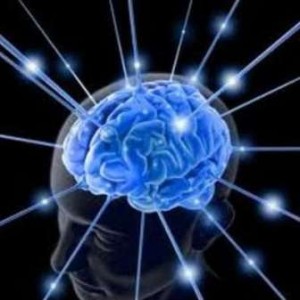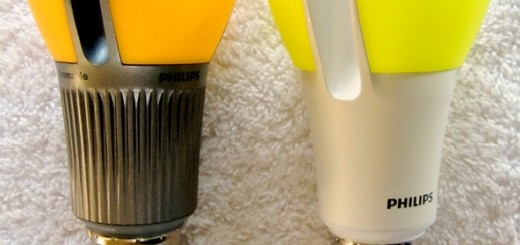How to Improve Memory Power and Concentration in Studies
 Whether you are a student preparing for your exams, a professional to stay mentally sharp or a senior wanting to enhance your gray matter as you age, better focus and concentration makes your life easier and more fruitful. A strong memory depends on the health and buoyancy of your brain.
Whether you are a student preparing for your exams, a professional to stay mentally sharp or a senior wanting to enhance your gray matter as you age, better focus and concentration makes your life easier and more fruitful. A strong memory depends on the health and buoyancy of your brain.
The human brain has a surprising ability to accommodate and change at any age, which is known as neuroplasticity. Concentration is a mental skill that anyone can develop. With the right exercise, your brain can create new neural pathways, reform existing connections and react in ever-changing ways. In this article, we will discuss some concentration and improve memory techniques to nourish your brain for better future.
Studies prove that twenty minutes of meditation per day improves your attention range and concentration. Focusing on breathing is the most powerful and simplest way to meditate. Bring your attention back repeatedly to the breath every time it strays. Start with few minutes in the morning and before bed. Concentration gets intense and deepens every time you meditate, just like your muscles develop from normal lifting weights.
- You can’t be as mentally focused as you should be, without getting sufficient restful sleep. To avoid sleep deprivation, 90% of adults need 7 to 9 hours of sleep every night. The proper sleep is critical for making memory stronger. Maintain your routine by sleeping and waking up each morning at the same time daily. Avoid all the screens before bed to trigger wakefulness and subdue hormones that make you sleepy.
- One of the worst enemies of the brain is stress. It damages the brain cells and destroys the hippocampus, the area involved in the generation of new memories and the recovery of the old ones. Stress also links to the memory loss. To reduce the stress level, take breaks throughout the day, learn to express your feelings instead of hiding them, make a balance between work and leisure time, rather than trying to do multi-tasking, focus on one task at a time.
- The laughter is the best medicine, which works for the brain, memory and also the body. Few emotional responses are limited to the particular areas of the brain, but the laughter involves the multiple parts of the brain. Laughing activates the regions of the brain essentials to the creativity and learning.
- Our brain needs fuel, same as the body. A healthy diet based on vegetables, fruits, protein and whole grains provides lots of health benefits to the body as well improve memory. Intake of the proper nutrition boost your brainpower and reduce the risk of mental illness.
Omega-3 in the form of seafood is beneficial for brain health, and if you are vegetarian, you can take walnuts, flaxseed oil, kidney beans, spinach, etc. which are also the rich source of omega-3.
Fruits and vegetables are antioxidants which protect your brain cell from damage.
Green tea is a powerful antioxidant; it contains polyphenols which protect your brain cells from free radicals. The continuous intake of green tea enhance mental alertness and memory and helps slow brain aging.
Limit your calory intake and avoid saturated fat like red meat, whole milk, cheese, butter and ice cream, it increases the risk of mental illness and weakens your memory and concentration.
- There are many diseases, mental health disorders, and medications that can restrain memory. Heart disease, diabetes, hormone imbalance, depression effects strongly on concentration and forgetfulness. With the proper treatment the memory return to normal.
- If you don’t pay enough attention to something you can’t learn it and encode it into your brain. Your mind takes eight seconds of strong focus to undertake a piece of information into your memory. Find a quiet place where you can’t be distracted and concentrate on your working.
- Use as many senses as possible by relating the information to colors, smells textures and tastes. For example, if you are a visual learner, reading out loud helps you to remember better. Rewriting the information may assist in imprinting it onto your brain. Mnemonic devices of any kind help us associate the information we want to remember with the help of sentence, word or a visual image.
article source: articlesfactory


